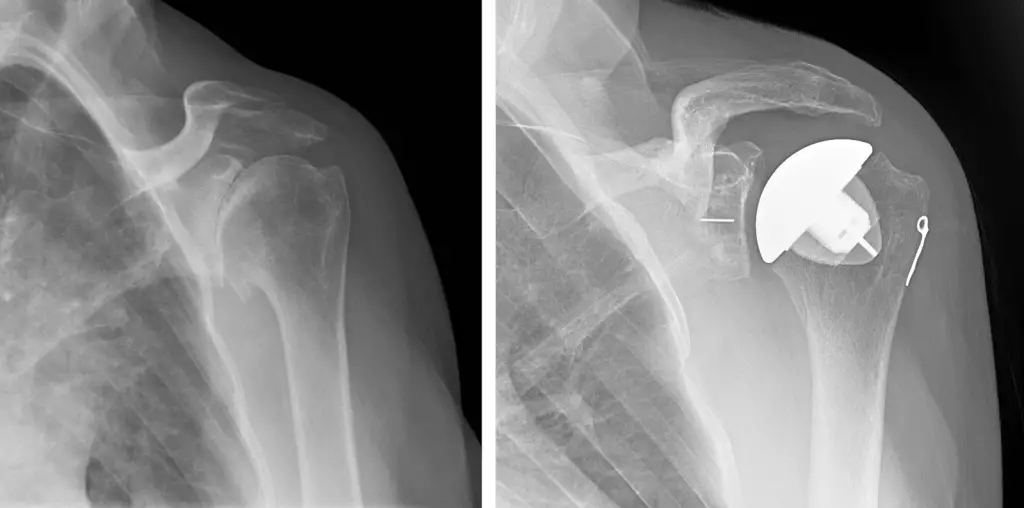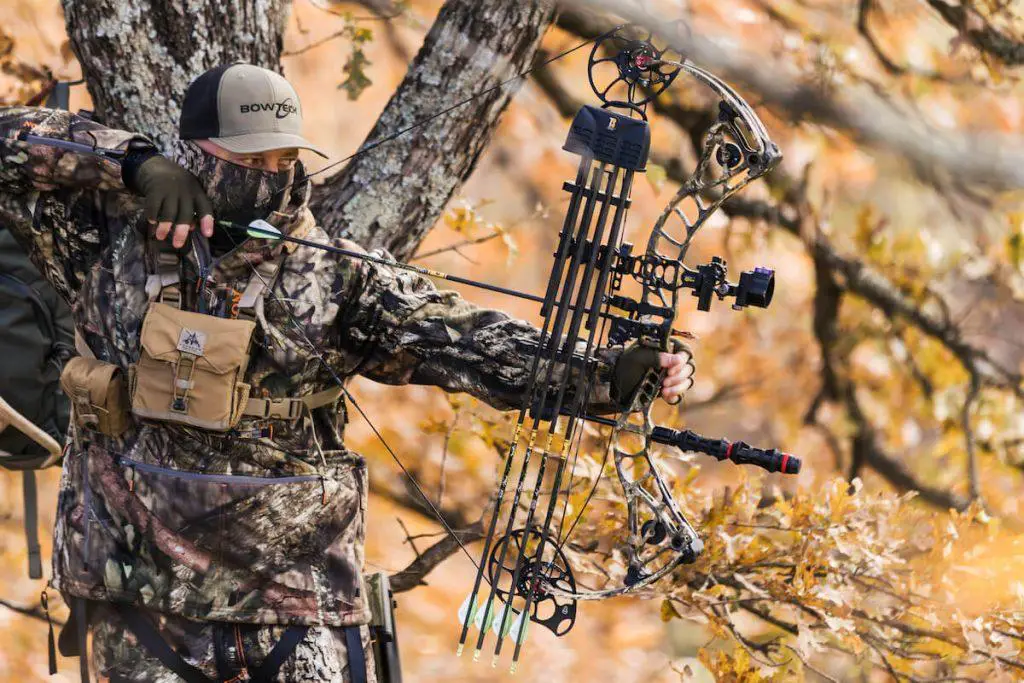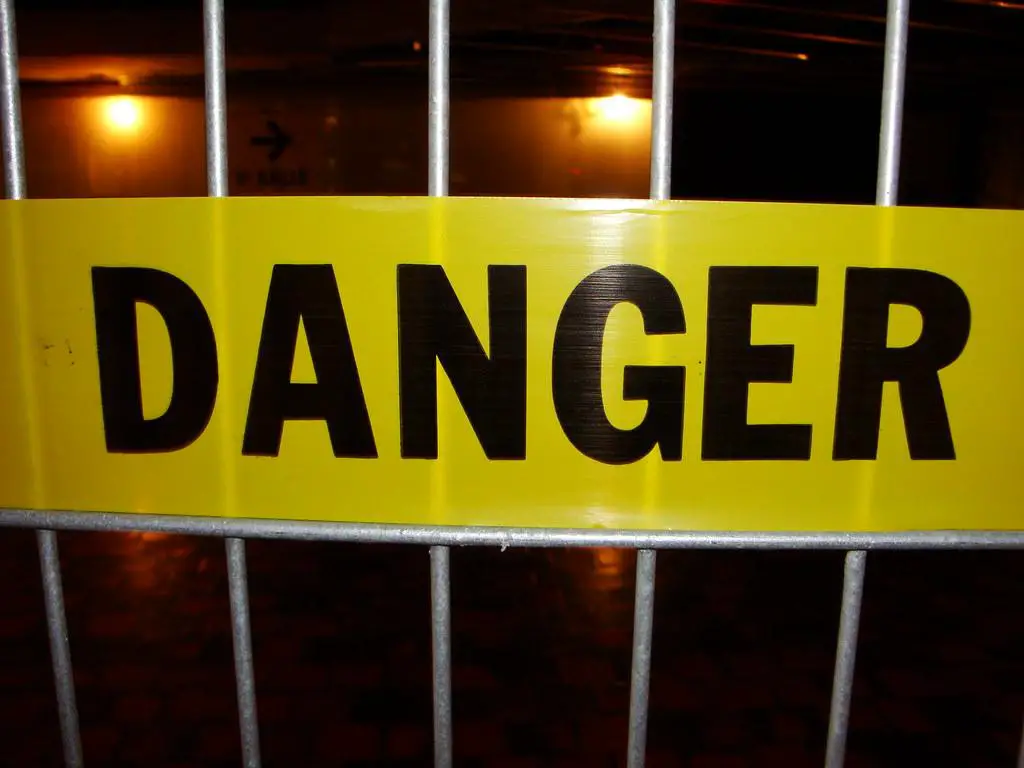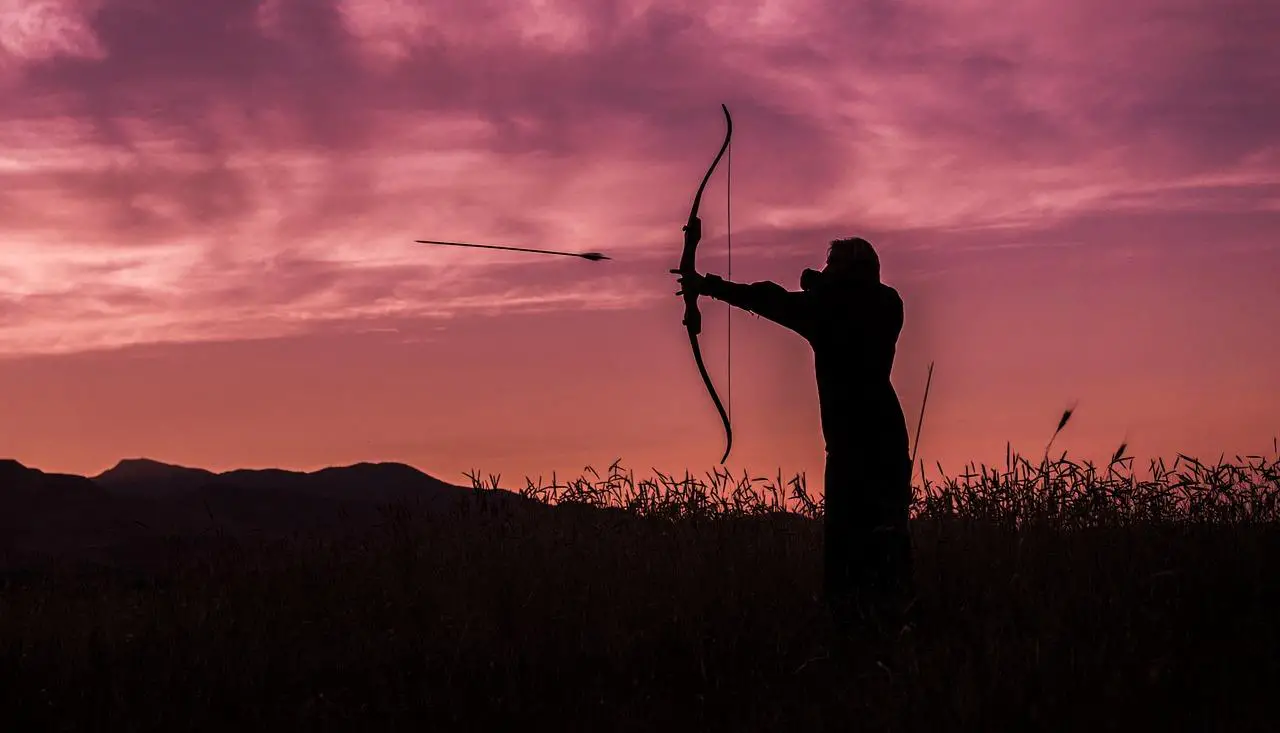Bow hunting can be a thrilling and rewarding experience but for those who have had shoulder surgery, it can also create some apprehension. After all, with a shoulder replacement, there are still certain movements that may cause discomfort or worse yet, re-injure the joint.
However, having a shoulder replacement doesn’t mean the end of your bow hunting days! With some proper preparation and by following a few guidelines, many people have successfully returned to the sport they love – even after undergoing this major surgery.
In this article, we will explore some tips and strategies that you can use to safely bow hunt after undergoing a shoulder replacement.
Table of Contents
Preparing for Bow Hunting after Shoulder Replacement Surgery

If you are an avid bow hunter who has recently undergone shoulder replacement surgery, it can be challenging to get back into hunting like you were before. However, with the proper preparation and follow-up care, you can ease your way back into your passion without risking re-injury.
Here are some tips for preparing for bow hunting after shoulder replacement surgery:
Consult with Your Surgeon
Before resuming any physical activity, it’s essential to consult with your surgeon or physician who performed the surgery. They know the extent of the repair and can provide specific recommendations on what actions you should take moving forward.
Physical Therapy
Physical therapy is crucial in rehabilitating a weakened or injured shoulder after surgery. Your therapist will guide you by combining gentle exercises and stretches to help restore strength and flexibility to your arm while reducing inflammation.
Start Slowly & Gradually Increase Intensity
After completing physical therapy, it’s important to start exercising slowly and increase gradually over time until reaching pre-surgery levels of strength and range of motion. You may begin doing a few push-ups (or other equivalent exercises) each day until eventually being able to lift more weight.
Practice Archery Indoors
Practice taking shots at targets indoors so that once you’re ready for outdoor shooting; you’ll be comfortable using all equipment needed without having any fear or discomfort when drawing back on the string.
Use Adaptive Equipment If Necessary
You also might need adaptive equipment such as non-slip grips, modified bows with lightweight designs – as well as strings made of materials easier on your arms rather than harsh rougher types which cause too much pressure during pulling back action happens towards firing positions.
Understand Limitations And Be Patient
Recognize that despite careful preparation; there may still be limitations on what you can do physically compared to before – but patience always pays off! Listen closely for any pain sensations during activity because if something doesn’t feel right when practicing or training, stop immediately — listen carefully again next time around then explore alternative methods until full recovery is reached!
Choosing the Right Bow and Accessories to Accommodate Your Shoulder Replacement

If you’ve undergone shoulder replacement surgery, it doesn’t mean you have to give up your passion for archery. With the right bow and accessories, you can still enjoy target shooting or hunting.
Here are some tips on choosing the right equipment:
Bow weight and draw weight
After shoulder replacement surgery, your shoulder joint may not be as strong as before. You should look for a bow that is lightweight(around 2-3lbs) and has a low draw weight (around 20-30lbs) so that you don’t strain your shoulder while drawing and holding the bow.
Bow length
The length of the bow also plays an essential role in deciding which type suits you better. Besides length, it’s important you try different types of bows before making your selection to find one that feels comfortable when handling and firing to ensure maximum success rate.
Arrows
When selecting arrows for your bow, consider those made from lighter materials like carbon fiber or aluminum rather than heavier ones made from wood or fiberglass.
Accessories
There are several accessories available in the market such as release aids, sight pins, stabilizers etc., that can alleviate tension from arms by adding balance/vibration dampening ability which can prevent straining of the shoulder.
Seek medical advice
Before investing in any equipment, seek professional advice from your physiotherapist or doctor on how to proceed safely per their guidance post-operation checkup.
While getting back into archery after a shoulder replacement may require some adjustments to obtain maximum comfortability—from selecting appropriate gear like recurve/electric bows over compound bows based on personal preferences—to utilizing different exercise methods like resistance bands that could help improve muscle strength will vastly increase overall chances of getting back into shooting form quickly before long-term damage arises if ignored completely so be sure take everything mentioned above into account ultimately resulting in prevention of injury with proper practice habits!
Maintaining Proper Form and Technique During Bow Hunting with an Artificial Shoulder
Bow hunting is a popular activity around the world, known for its physical and mental challenges. However, if you have an artificial shoulder due to injury or surgery, things become even more challenging. It is essential to maintain proper form and technique during bow hunting to reduce the risk of injury and improve your accuracy. Here are some tips on how to do that:
Strengthen your shoulder muscles
Before you start bow hunting with an artificial shoulder, it’s crucial to strengthen your shoulder muscles by doing exercises recommended by your physician or physical therapist. By building up strength in these muscles, you can help prevent additional injuries while hunting.
Limit Your Draw Weight
Choosing a draw weight that will not put too much pressure on your artificial shoulder is important when using a bow for hunting. By limiting the draw weight of your bow, you can reduce the amount of shock that goes through your shoulder joint after each shot.
Get Proper Equipment
To maintain proper form and technique while bow hunting with an artificial shoulder, it’s essential to get proper equipment like stabilizers that help balance out the added weight of any accessories attached to the bow such as arrow quivers or sight pins.
Practice Consistently
Practicing good form consistently is vital not only in avoiding future possible injuries but also helps increase accuracy–and who wouldn’t want better precision when aiming?. Regular practice can also help build up flexibility in your injured shoulder over time.
Know Your Limits
Finally, always remember that maintaining good form comes down to understanding your limits. When fatigue sets in, slow down or stop altogether instead of pushing through discomforts- allowing time for rest before taking another attempt at that trophy deer.
Understanding the Risks Involved in Bow Hunting with a Prosthetic Shoulder

Bow hunting is a sport that involves using a bow and arrow to hunt game. While it requires skill, patience, and accuracy, it can also be dangerous for those who have prosthetic shoulders. Understanding the risks involved in bow hunting with a prosthetic shoulder is crucial for ensuring your safety and avoiding any unnecessary harm.
Firstly, the increased strain on your shoulder can lead to dislocation or damage of your prosthesis. Pulling back a bowstring with too much force can cause excessive pressure on your shoulder joint, resulting in injury or difficulty in movement.
Moreover, accuracy may also suffer if you are not able to maintain proper form due to your prosthetic limb. Without proper balance and posture while pulling back or aiming the bowstring, it’s difficult to accurately hit targets. This may cause frustration; however, pushing yourself too hard could ultimately result in an injury.
Another risk factor is limited mobility, as certain positions required for hunting may be challenging with the use of a prosthetic shoulder. Bow hunters must move around various terrain types such as rough and uneven terrains which can create difficulty finding stable footing when trying to aim their bow at prey.
Additionally, depending on the type of prosthetic you have installed into your body; there may be weight limitations placed upon what you are able to carry including bows that might prove difficult for those individuals who enjoy walking long distances into deep woods terrains.
Overall, understanding the risks involved in bow hunting with a prosthetic shoulder will help prevent injury and ensure an enjoyable experience. It’s important for hunters with disabilities to consult with their physician or physical therapist before participating so they can achieve total clarity about potential dangers based on individual circumstances beyond general guidelines provided within this article. By doing so they can ensure that they proceed carefully before everything goes just as planned without causing damage to their prosthesis or experiencing pain caused by overexertion after spending hours on end moving through rough terrain carrying loads that put additional pressure onto themselves already exhausted bodies.
Overcoming Common Challenges Faced by Bow Hunters Following a Shoulder Replacement Surgery
Shoulder replacement surgery is one of the most common surgical procedures, and it aims to relieve pain and improve mobility. However, for bow hunters who have undergone this surgery, the recovery process can be challenging. They may face a variety of physical limitations and mental barriers that prevent them from pursuing their passion for hunting.
Here are some of the common challenges faced by bow hunters following shoulder replacement surgery:
Pain and discomfort
After undergoing shoulder replacement surgery, you are likely to experience pain and discomfort. The affected area will be swollen, tender, and bruised. You may also feel numbness or tingling sensations around your shoulder joint. The pain may restrict your movement and make it difficult to perform daily tasks.
To manage this challenge, you must follow your doctor’s advice on taking pain medication as prescribed. Additionally, engaging in physical therapy can help reduce pain levels as well as help speed up your rehabilitation process.
Limited mobility
Following Shoulder Replacement Surgery , you will need to refrain from certain activities such as pulling back Archery bows or carrying heavy weights until advised otherwise by a medical professional . This means that mobility may be limited after the procedure while you recover which includes everyday tasks like basic grooming maneuvers or self care…..
Fear of dislocating the new joint
You may feel afraid of dislocating your new shoulder joint after undergoing a replacement surgery . Not only does this fear affect your recovery progress but it also hampers your ability to pursue things you love like bow hunting .
Therefore overcoming this fear by seeking psychological consultation where needed is highly recommended …this way once cleared ,the hunter can freely explore adventurous activities outside without causing more harm than good .
Recovering from a Shoulder Replacement Surgery requires gentle exercise routines under certain guidelines set forth by one’s Doctor.
Whilst cautiousness is key initially with regards to physical activity, with time and effective post operative care one should regain most if not full normal functioning hence able enjoy traditional activities such as Bow Hunting once again!
Conclusion
In conclusion, bow hunting after a shoulder replacement can be possible with proper preparation and modifications. Bow hunters must consult with their doctor to ensure they are physically ready for the activity and work with an experienced bow technician to adjust the equipment to fit their range of motion.
It may take time and patience, but successful hunts can still be achieved post-operation with dedication and practice. The joy of being out in nature and participating in a beloved sport should not have to be sacrificed due to physical limitations.
With determination and adjustments, those who have undergone a shoulder replacement surgery can continue to enjoy the thrill of bow hunting.
